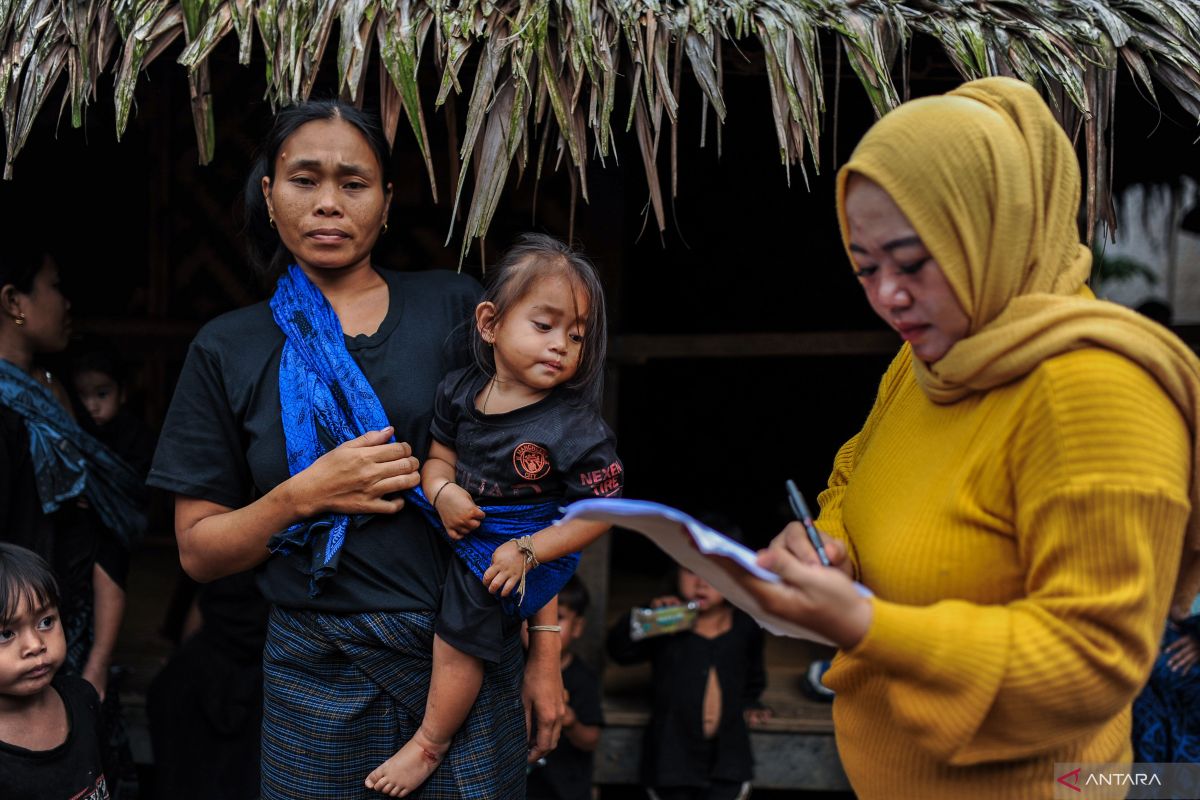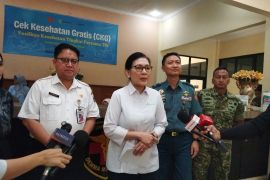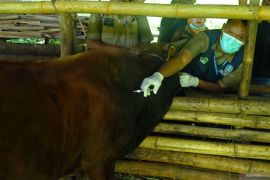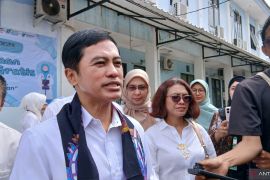In a statement released here on Friday, Health Minister Budi Gunadi Sadikin said that improving midwifery education is a strategic means to reduce mother and infant mortality, as it can equip midwives with the capabilities necessary for this task.
The curriculum, he said, must support four main focuses: orderly data entry, competency building, timely and precise referral, and a more extensive role of midwives.
“Midwives should not be limited to helping during labor only, but also offer reminders for mothers prior to labor, aid baby after birth, and ensure children grow optimally,” Sadikin said.
He further said he expects the curriculum to help the collegium thoroughly develop the profession by improving both midwives’ technical skills and soft skills such as etiquette, ethics, communication skills, and the ability to adapt to change.
In the same statement, head of the National Health Council (KKI), Arianti Anaya, said that a great education is key for creating stellar midwives with clinical and communication skills who can collaborate and integrate themselves effectively.
“Midwives must spearhead the primary healthcare transformation, particularly in reducing the prevalence of mother and babies’ deaths, which is still high in Indonesia,” Anaya added.
The curriculum, she informed, aims to create a flexible framework that is relevant to the current times.
Her council is collaborating with collegiums to ensure that all healthcare personnel, such as midwives, have good capability. The mandate, she said, is in line with Law Number 17 of 2023 about Health.
“We expect this collaboration to continue, since it takes great effort to change our healthcare system,” she added.
Related news: Indonesia identifies 63 percent of HIV cases, pushes to end epidemic
Related news: Free tuberculosis treatment to protect human resources: PCO
Translator: Mecca Yumna Ning Prisie
Editor: Aditya Eko Sigit Wicaksono
Copyright © ANTARA 2025












